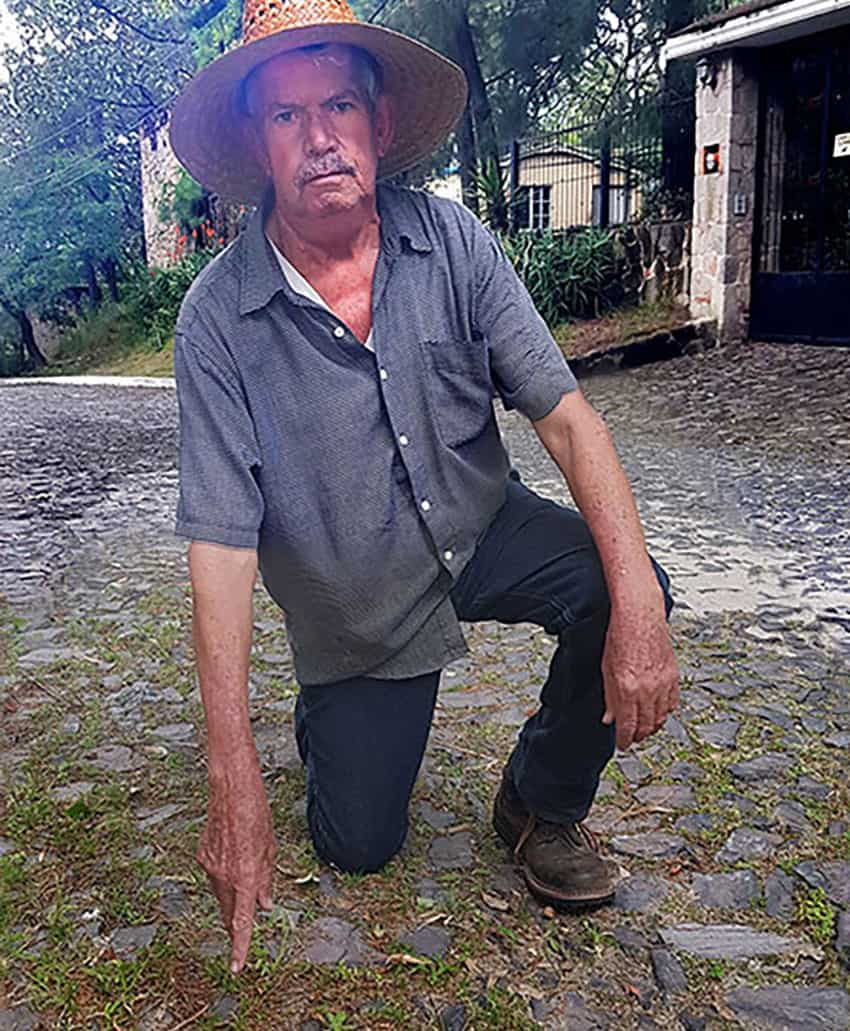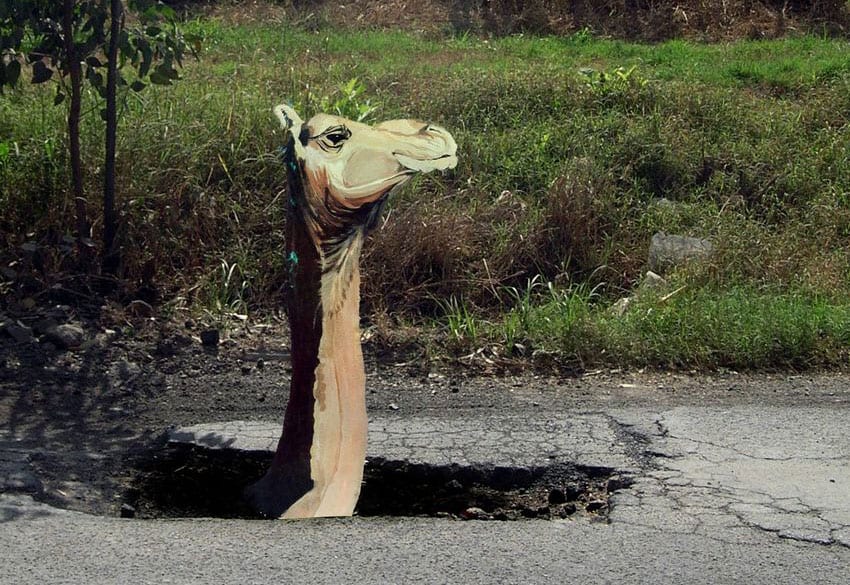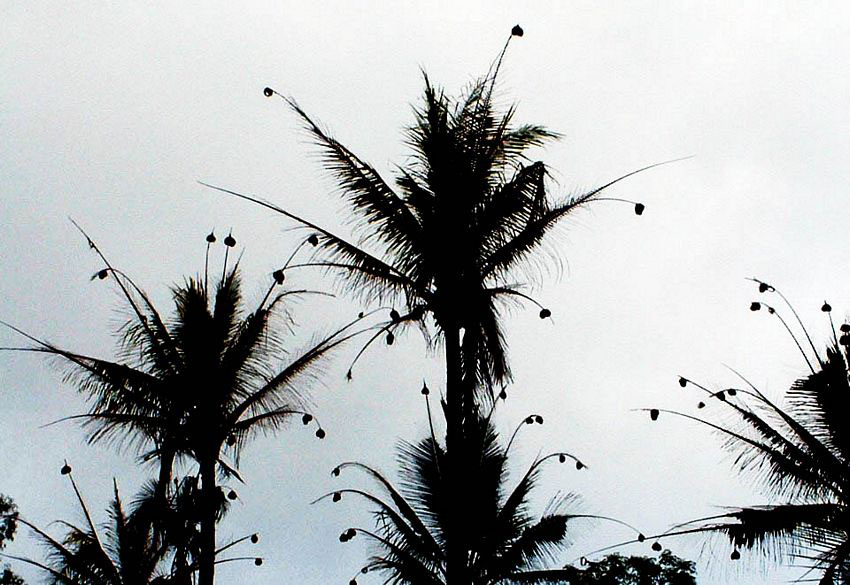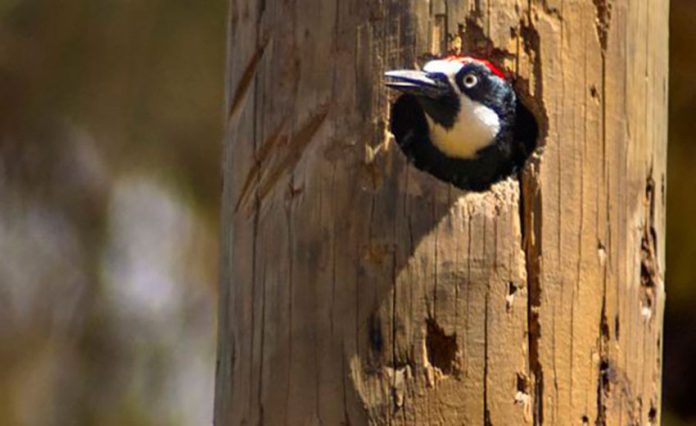I live in the rustic community of Pinar de la Venta, located high in the hills west of Guadalajara. For months I watched woodpeckers — which abound in this area — hollow out the telephone pole in front of my house to build their new home.
The problem was that the hole they were working on was their fourth attempt at nest making and I wondered just how many holes that pole could take before it snapped. I also wondered whether male woodpeckers face the same problems as male weaver birds which have to “try, try again” until their lady loves say, “Yes, this nest is perfect.”
Woodpecker homemaking seems to involve more destruction than construction and I’m amazed their species is still with us.
The day after the telephone pole broke in two, Telmex came out and replaced it — with a brand-new wooden pole identical to the previous one.
“Isn’t that funny,” I said to our sagacious gardener, Don Pancho. “You’d think they’d put up a concrete pole, wouldn’t you?”

Don Pancho had a very different take on the matter.
“Bueno, I wouldn‘t think that, at all. Putting up a concrete pole would be against the Ley de la Chamba.”
Now chamba is slang for a paying job. “What has chamba to do with it?” I asked Don Pancho.
“Those carpinteros (woodpeckers) are providing a big chamba for the Telmex guys who put up poles. If they installed concrete or metal ones, they’d be out of a job en un dos por tres [in nothing flat]. Instead, they’ve got a chamba permanente just putting up poles here in Pinar de la Venta.”
Well, a light went on in my head and suddenly a lot of mysterious things I’d noticed in Mexico no longer seemed so mysterious at all.

Chamba’s Law, I think, might read as follows: “Fix it so it’ll soon need fixing again.” I asked Don Pancho if he could give me another example of Chamba’s Law in action.
He pointed beneath my feet.
“See these cobblestones? When they come loose, there are two ways to fix the problem. One way — which was developed during centuries of trial and error — results in such an excellent repair job that those cobblestones will never work their way loose again in your lifetime.
“The other way lasts about a year. Both repair jobs look the same to the untrained eye. If the maintenance men used the first method, they’d have to go far away from home to find more chamba.”
After hearing this explanation, I understood why so many streets and roads always seem to be full of baches (potholes) even though those baches are filled in on a regular basis.
I used to joke that the repair crews must be filling the potholes with atole (watery corn mush) because every time it rains, the same old baches always reappear as if by magic.

Now I know it’s not magic, but good old economics, maybe the very same principle impelling carpinteros to keep making more holes until they’ve destroyed their home. Ha ha, and I used to think they were the birdbrains!
The writer has lived near Guadalajara, Jalisco, for more than 30 years and is the author of A Guide to West Mexico’s Guachimontones and Surrounding Area and co-author of Outdoors in Western Mexico. More of his writing can be found on his website.
